Art, Aliens, and Anthropology
What inspired Ursula K. Le Guin to write The Left Hand of Darkness? Plus: illustrations from a special edition of the novel
When reading any science fiction or fantasy book set in another world, I can’t help but wonder how the author came up with these ideas. Did their inspiration come to them in a dream, or was it based on something they experienced? The concepts and ideas presented in The Left Hand of Darkness by Ursula K. Le Guin were so unique and thought provoking, I had to dig deeper into how she came up with them.
[This post does not contain spoilers]
You are reading The Novel Tea Newsletter, companion to The Novel Tea Podcast, where you’ll find book reviews, thematic literary analysis, and cultural commentary to help you thoughtfully engage with the world.
New posts come out every Tuesday. If you enjoy reading our work, please consider subscribing and sharing the newsletter with others.
Inspiration and Research
In our latest episode on The Novel Tea, we discussed The Left Hand of Darkness by Ursula K. Le Guin. A lot of our conversation included theories about where names, concepts or places created in the novel may have come from. Shruti came up with some interesting thoughts of how Estraven sounds like estrogen, and Ekumen sounds like human (you can listen to the full episode here). This discussion got me thinking about whether Le Guin was inspired by something in particular to come up with these ideas.
Pat Morrison: Your work ranges over these cultures and creations, and there has to have been from your family — from your father, your mother, ethnologists and anthropologists — something that you absorbed, something that caught your attention, that said, I am not just of this time, this moment, this body, this place?
Ursula K. Le Guin: Well, I feel very strongly that I am of this body and this place and this time. But you’re right, it was something in the air my father breathed as an anthropologist. And the people he knew, the people who came to the house and the things they talked about — you could say I grew up in a house where all the doors were open. There just weren’t a lot of shut doors, and no locked ones, and that does something to a kid’s mind. It gives him a freedom and a kind of security in the world: OK, people are different, there are all kinds of different people — isn’t that interesting? Instead of, uuugh, isn’t that horrible?
— LA Times Column: Patt Morrison asks: ‘The Left Hand of Darkness’ author Ursula K. Le Guin
With the questions that The Left Hand of Darkness raises, it’s obvious that she has been heavily influenced by her parents Alfred Louis Kroeber and Theodora Kroeber and their anthropological work. Alfred Louis Kroeber was not only a cultural anthropologist, but he also had distinctive work in archeology and helped make connections to culture, history, and evolution.
The Conversation discusses some connections between Ursula K. Le Guin and her father’s work here. One of the biggest takeaways from his studies was to show that there were no cultures inferior or superior to one other (many anthropologists during his time believed that Western civilization was the “pinnacle of culture”); he believed that every culture had its own unique and diverse world that was shaped by history, language, and ideas.
Growing up in the household of one of America’s greatest cultural anthropologists, how could her work not be influenced by such powerful words and studies? For example, the term “Ekumen” used in this novel is actually a term coined by her father. He derived it from the Greek word “oikoumene” or “ecumene” which means known, inhabited or habitable worlds.
Her writing was never simply about creating a magical or strange world. It was about crafting a laboratory to play with identities – race, ethnicity, gender, sexuality or class – in a way that forced readers to think about how cultural prejudice colored their views of other people.
“Entertaining them is all well and good,” she told New York Times reporter John Wray, “but does it make them think?”
— The Conversation
And as Shruti and I discovered while reading The Left Hand of Darkness… it did really make us think.
The Art for an Artist
In our episode discussing The Left Hand of Darkness, we referred to Ursula K. Le Guin as an artist. She even states in her introduction to the novel: “I talk about the gods; I am an atheist. But I am an artist too, and therefore a liar. Distrust everything I say. I am telling the truth.”
While researching for the novel through the lens of visual art, I discovered a series of illustrations by Vanessa Lemen which were created for a special illustrated version of the book. She describes her process and inspiration here, and I was so perplexed and in awe of these works, I had to share some of them.
In one of the most interior sections of the book, we follow Genly and Estraven as they journey together across miles of ice. There is an something of an evilness to that journey — the above image is an abstract oil painting that depicts the setting of that journey.
Halfway through the book, we meet the Foretellers of the Handdara group. These chapters were initially vague, but ended up containing one of the main messages the book is trying to portray. Here, Vanessa Lemen uses the following quote as her inspiration to this oil painting. “I serve as a filament…The energy builds up and builds up in us, always sent back and back, redoubling the impulse every time, until it breaks through and the light is in me, around me, I am the light.”
Vanessa Lemen uses the following quote as her inspiration for this final painting “Will you tell us about the other worlds out among the stars – the other kinds of men, the other lives?”
These are just a few of the images from the novel, but if these interested you, I urge you to read through her story behind each painting and go through more of Lemen’s works here. The illustrated novel was a limited edition by Easton Press that is no longer available for purchase.
—Neha
Recent Posts You Might Have Missed
Up Next
Our next book will be Fledgling by Octavia E. Butler — a book about a genetically modified 53 year old vampire who is on a journey to find out the truth of who she is, where she came from, and what happened to her and her family. Tune into the conversation to hear more about the book, its themes and ideas on May 7th, 2024 on The Novel Tea Podcast.


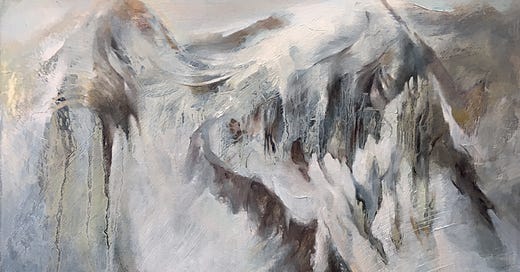


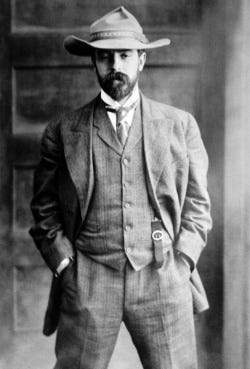

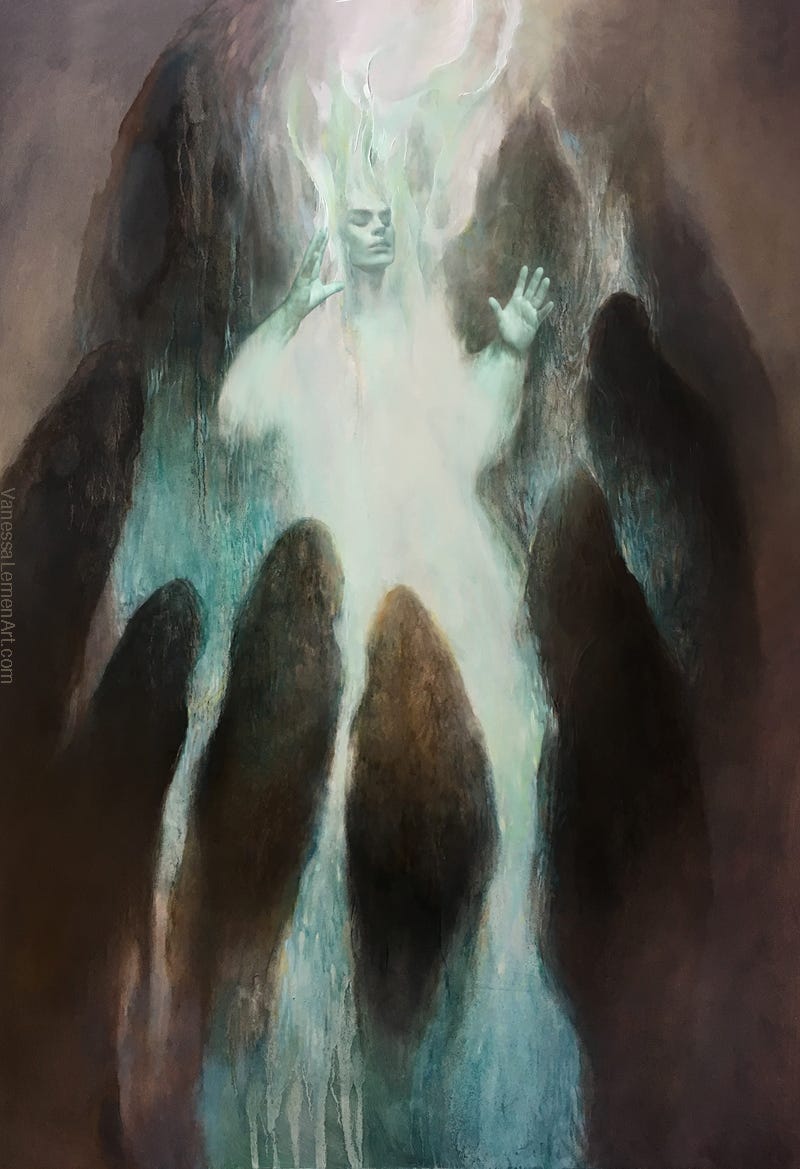
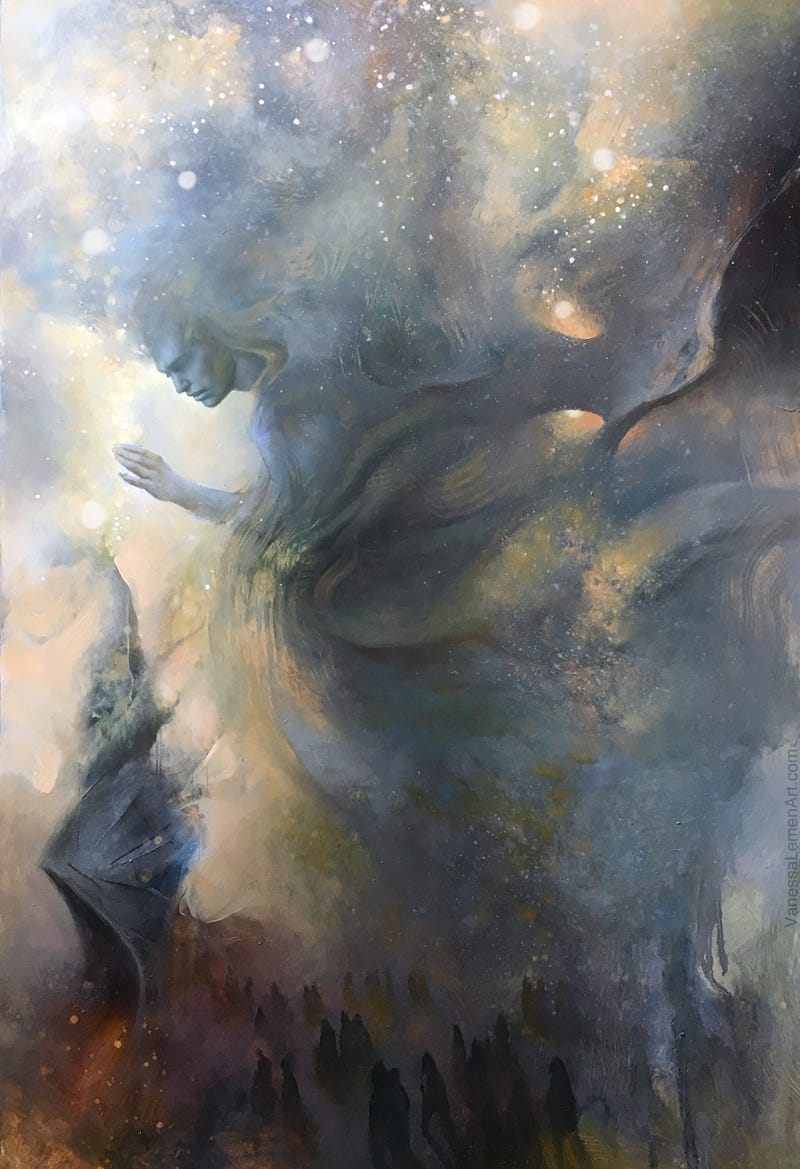

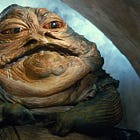
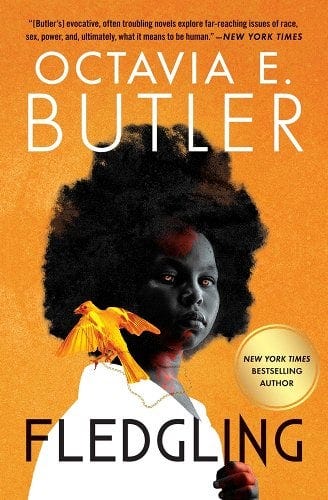
Thank you for this thorough exploration of Le Guin's inspiration! What a remarkable pioneer of the genre she was.